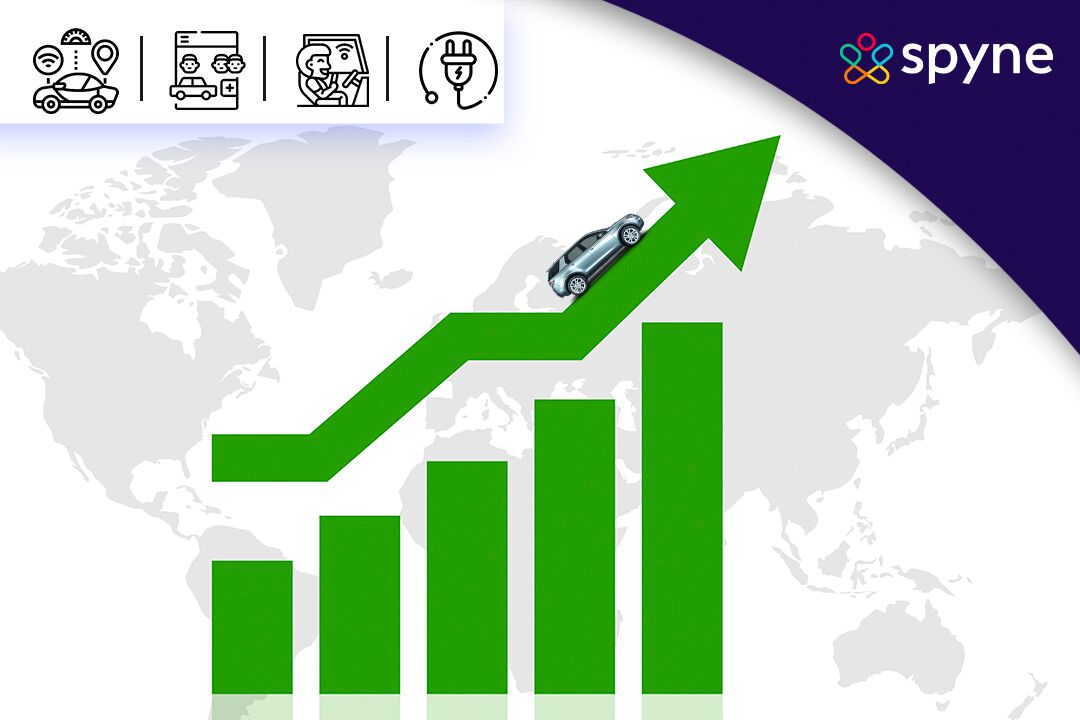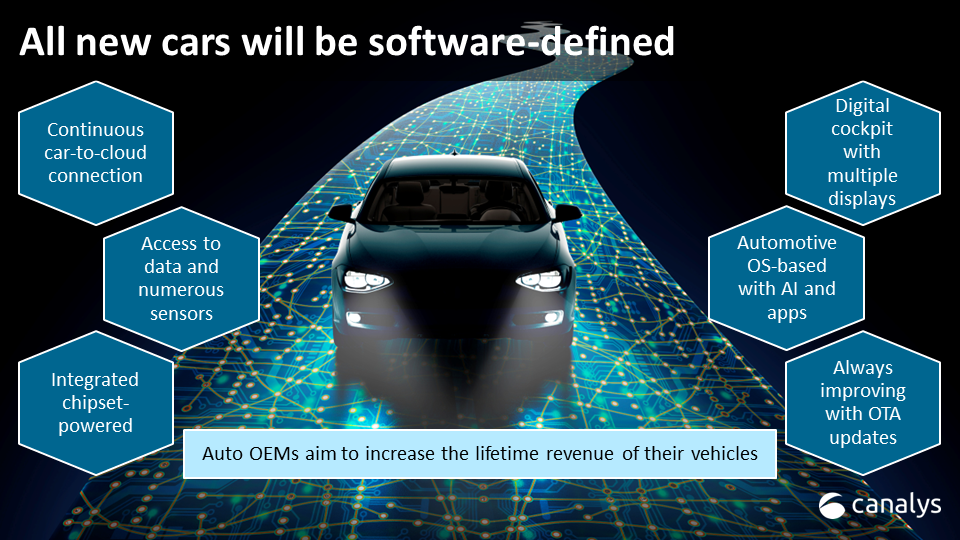Forecasting the Future: A Look at Potential Automotive Advancements in 2025
Forecasting the Future: A Look at Potential Automotive Advancements in 2025
Introduction
With enthusiasm, let’s navigate through the intriguing topic related to Forecasting the Future: A Look at Potential Automotive Advancements in 2025. Let’s weave interesting information and offer fresh perspectives to the readers.
Table of Content

Forecasting the Future: A Look at Potential Automotive Advancements in 2025
While predicting the precise specifications of a vehicle five years in advance is impossible, we can explore trends and technologies that could shape the automotive landscape in 2025. This article delves into potential advancements that might influence the development of a hypothetical "Explorer Platinum HP" model, focusing on key areas such as powertrains, technology, and design.
Powertrain Possibilities: A Shift Towards Sustainability
By 2025, the automotive industry is expected to see a significant shift towards sustainable powertrains. While gasoline engines will likely remain relevant, hybrid and fully electric options will gain considerable traction. A hypothetical "Explorer Platinum HP" model could feature:
- Plug-in Hybrid Electric Vehicle (PHEV) System: Combining a gasoline engine with a powerful electric motor, this setup could offer a blend of performance and fuel efficiency. The electric motor would provide instant torque and acceleration, while the gasoline engine would handle longer journeys and extended driving.
- Fully Electric Powertrain: A purely electric powertrain would offer zero-emission driving and potentially impressive performance. Advancements in battery technology could deliver longer ranges and faster charging times, making electric vehicles more practical for everyday use.
- Hydrogen Fuel Cell Technology: While still in its early stages of development, hydrogen fuel cell technology could emerge as a viable alternative. This technology uses hydrogen to generate electricity, offering a potential solution for long-range travel with minimal emissions.
Technological Enhancements: Bridging the Gap Between Reality and Fiction
The automotive industry is on the cusp of a technological revolution, with advancements in artificial intelligence, autonomous driving, and connectivity rapidly changing the driving experience. A "2025 Explorer Platinum HP" could incorporate features such as:
- Advanced Driver-Assistance Systems (ADAS): These systems, including lane-keeping assist, adaptive cruise control, and automatic emergency braking, are already becoming commonplace. By 2025, these systems could become more sophisticated, offering features like semi-autonomous driving capabilities, allowing the vehicle to handle certain driving tasks under specific conditions.
- Infotainment System Integration: The infotainment system could evolve into a centralized hub for communication, navigation, entertainment, and vehicle management. Advanced voice control, gesture recognition, and augmented reality displays could provide a seamless and intuitive user experience.
- Over-the-Air Updates: Similar to smartphones and other electronic devices, vehicles could receive software updates wirelessly, ensuring that the vehicle’s operating system and features remain up-to-date. This would enable continuous improvement and the introduction of new features without requiring physical visits to dealerships.
Design Considerations: A Blend of Elegance and Functionality
The design of a future "Explorer Platinum HP" would likely prioritize both aesthetics and functionality. The vehicle could feature:
- Aerodynamic Design: To improve fuel efficiency and reduce noise, the vehicle could incorporate advanced aerodynamic elements, such as a streamlined body shape and active aero components.
- Lightweight Materials: Utilizing lightweight materials like carbon fiber and aluminum could enhance performance and improve fuel efficiency.
- Luxury Interior: The interior could feature premium materials, advanced ergonomics, and a focus on passenger comfort and convenience.
FAQs About Potential Advancements in 2025
Q: Will gasoline-powered vehicles still be relevant in 2025?
A: While the automotive industry is moving towards sustainable powertrains, gasoline-powered vehicles will likely remain relevant in 2025, particularly for certain segments and markets. However, the focus will likely shift towards more efficient and cleaner gasoline engines.
Q: Will autonomous driving be a reality in 2025?
A: While fully autonomous driving might not be widespread in 2025, advancements in ADAS technology could enable semi-autonomous driving capabilities, allowing the vehicle to handle certain driving tasks under specific conditions.
Q: How will the automotive industry address the growing concern about battery range in electric vehicles?
A: Advancements in battery technology, such as increased energy density and faster charging times, are expected to address the concern about battery range. Furthermore, the development of charging infrastructure, including public charging stations and home charging solutions, will play a significant role in facilitating the adoption of electric vehicles.
Tips for Embracing Future Automotive Advancements
- Stay Informed: Keep up with the latest developments in the automotive industry by reading automotive publications, attending industry events, and researching emerging technologies.
- Consider Sustainable Options: When purchasing a new vehicle, consider options with hybrid or electric powertrains to reduce your environmental impact.
- Explore ADAS Features: Familiarize yourself with the available ADAS features in your vehicle and understand their limitations.
Conclusion: A Glimpse into the Future of Mobility
The automotive industry is on the cusp of a transformative period, driven by technological advancements and a growing demand for sustainable transportation solutions. While the exact specifications of a hypothetical "Explorer Platinum HP" model in 2025 remain unknown, the trends and technologies discussed in this article provide a glimpse into the potential future of mobility. By embracing these advancements, we can anticipate a future where vehicles are not only more efficient and sustainable but also offer a more connected, intelligent, and enjoyable driving experience.







.png)
Closure
Thus, we hope this article has provided valuable insights into Forecasting the Future: A Look at Potential Automotive Advancements in 2025. We thank you for taking the time to read this article. See you in our next article!